Case Studies
-
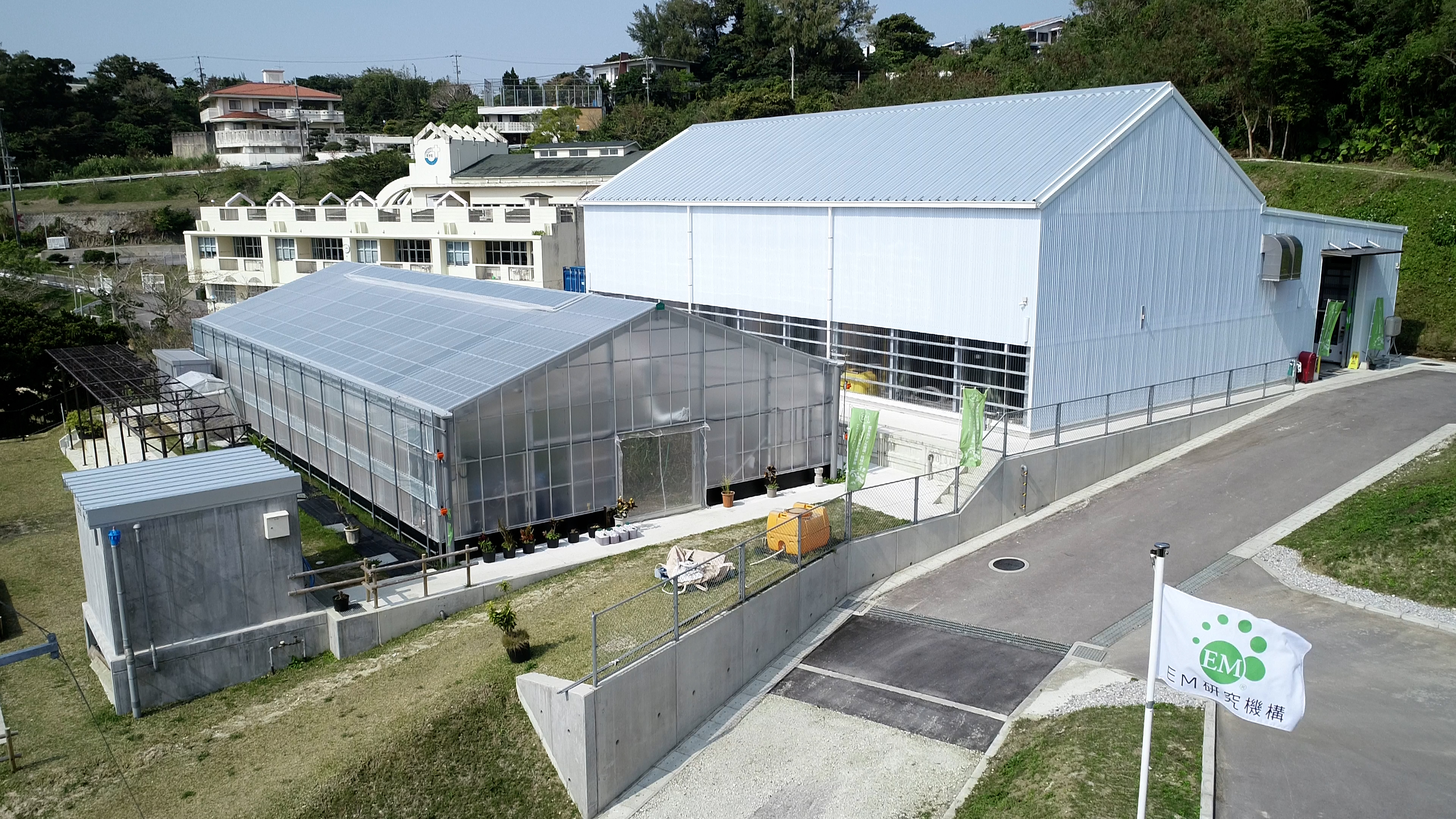
Working Toward the EM Universal Village II
Japan
EMRO and Kitanakagusuku Village launched a revitalization project combining agriculture, housing, food, and tourism—Phase 1 brings renewable energy from organic waste. more
-
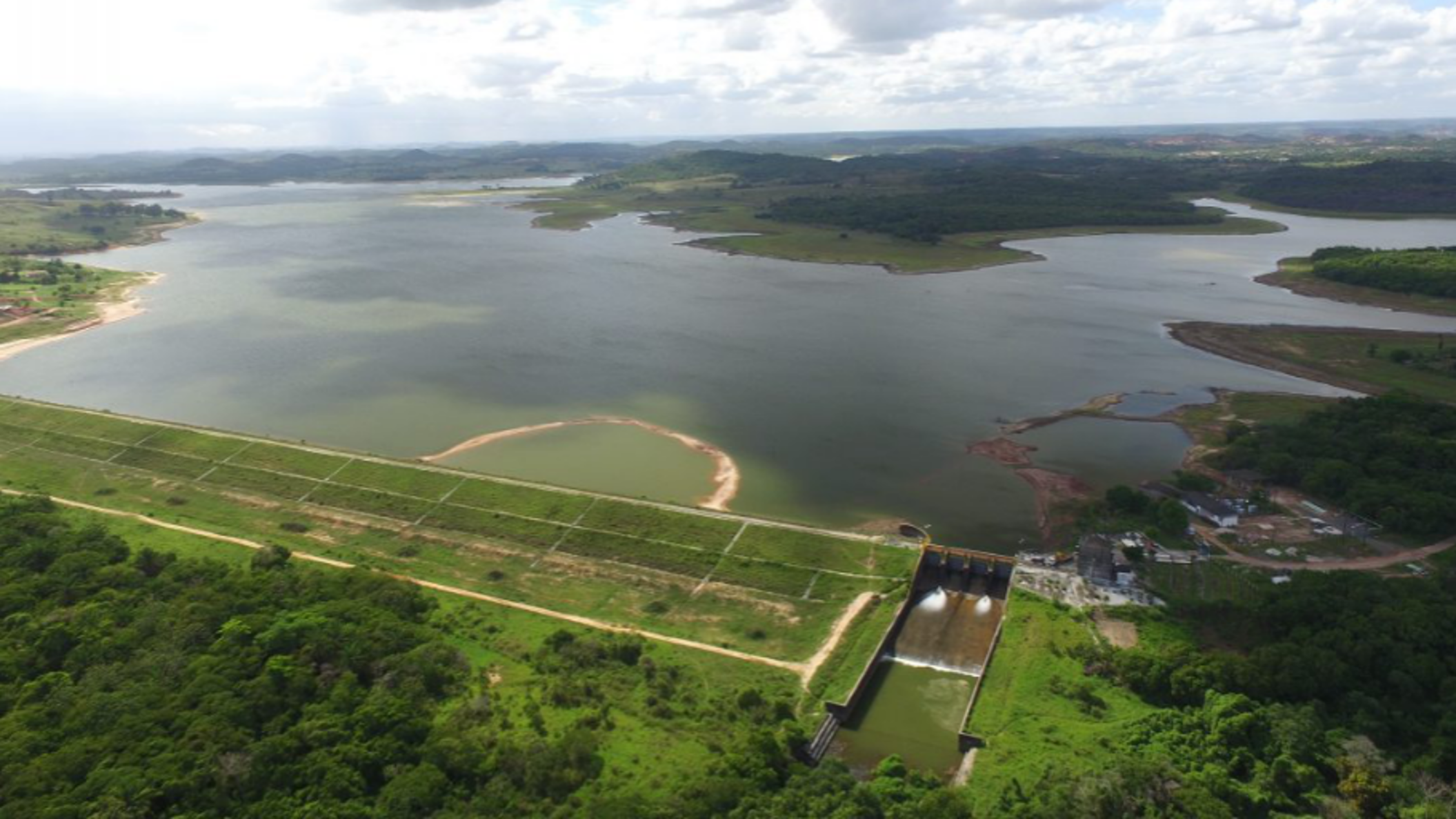
Water Bioremediation Success in Brazil
Brazil
In recent years, sewage discharge and deforestation along the riverbanks have led to pollution, a decline in fish populations, and foul odors in the Joanes River in Brazil. Seeking a solution, the local government of Bahia launched a bioremediation project in March 2020, to improve water quality. See the Phase 1 of the project from 2020 to 2021. The project restarted on June 2023 and is planned until 2025. more
-
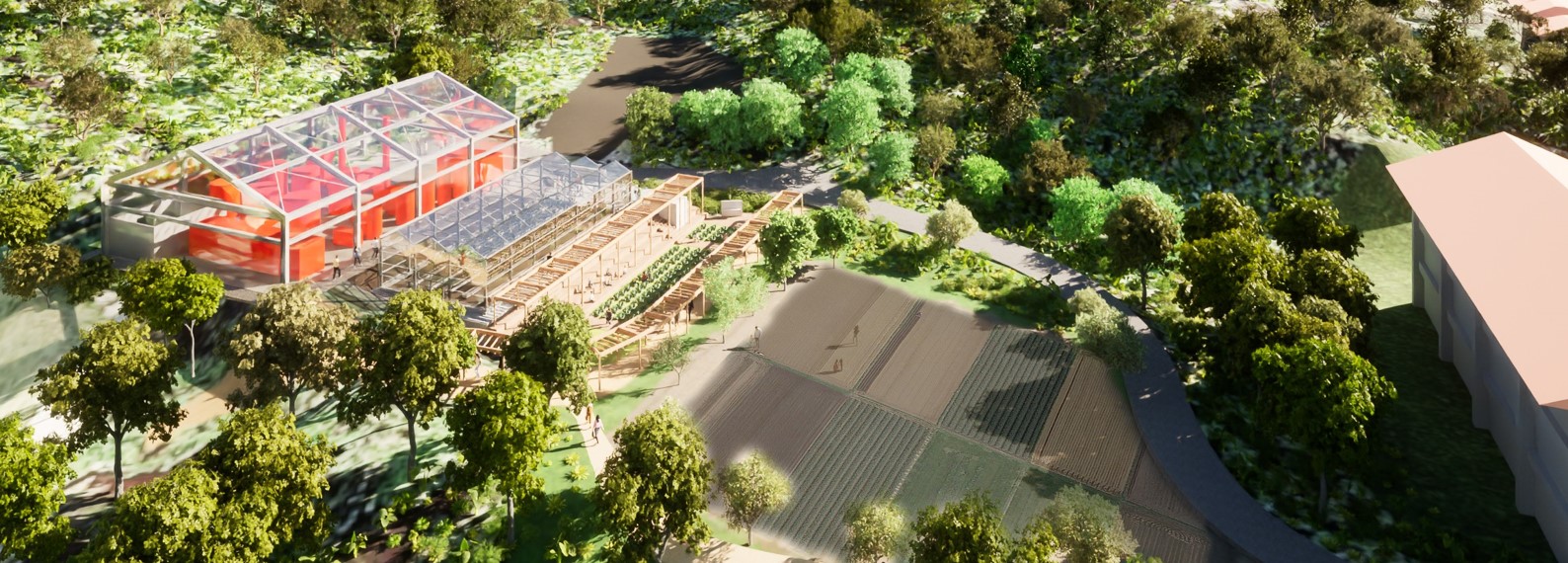
Working Toward the EM Universal Village
Japan
EM Research Organization and Kitanakagusuku village officials have launched a project called "Creating a Healthy and Welfare Village through Agriculture in Kitanakagusuku". This government-led initiative aims to integrate "housing, food, and tourism" with agriculture. more
-
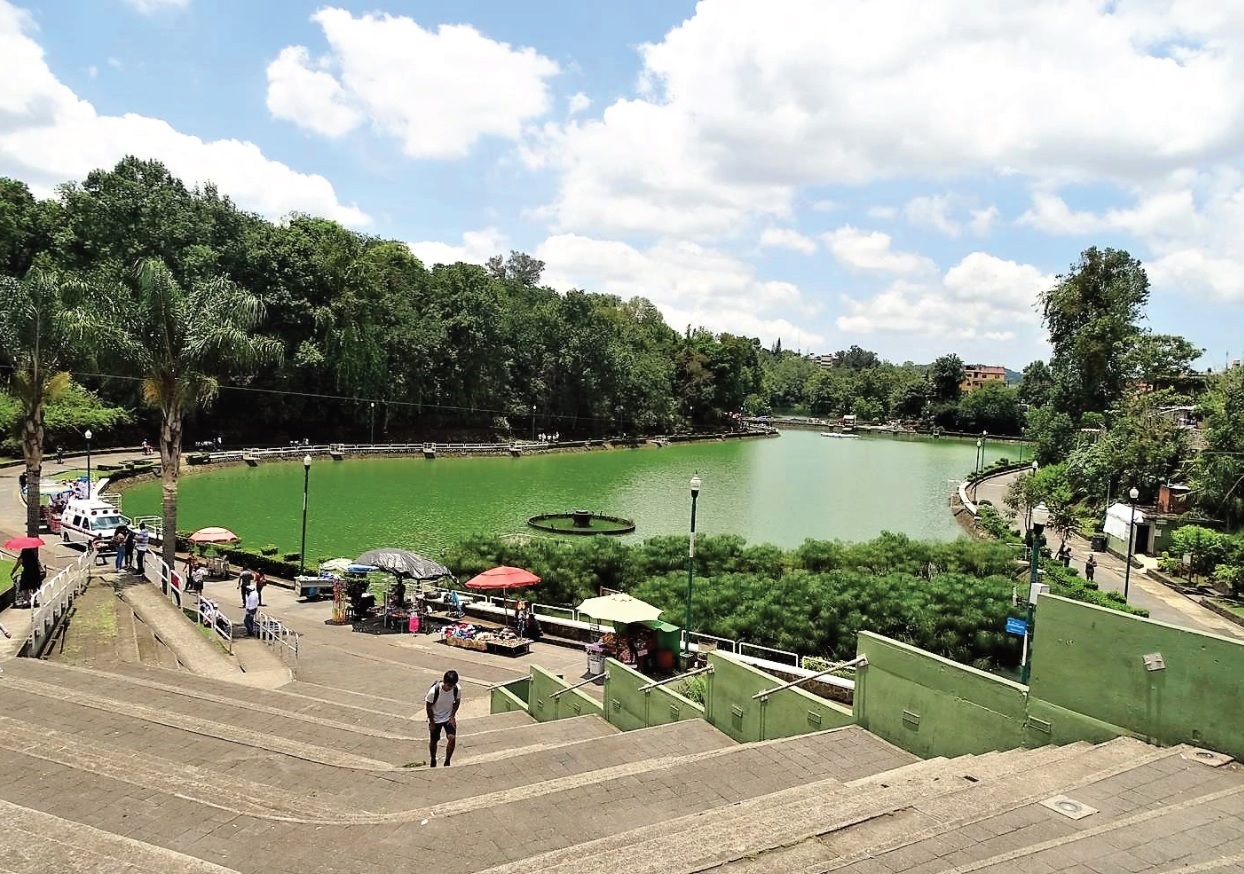
Revived Touristic Lake in Mexico
Mexico
The lakes with bad odor, color, and quality were treated with EM and the problems were solved in a few months. more
-
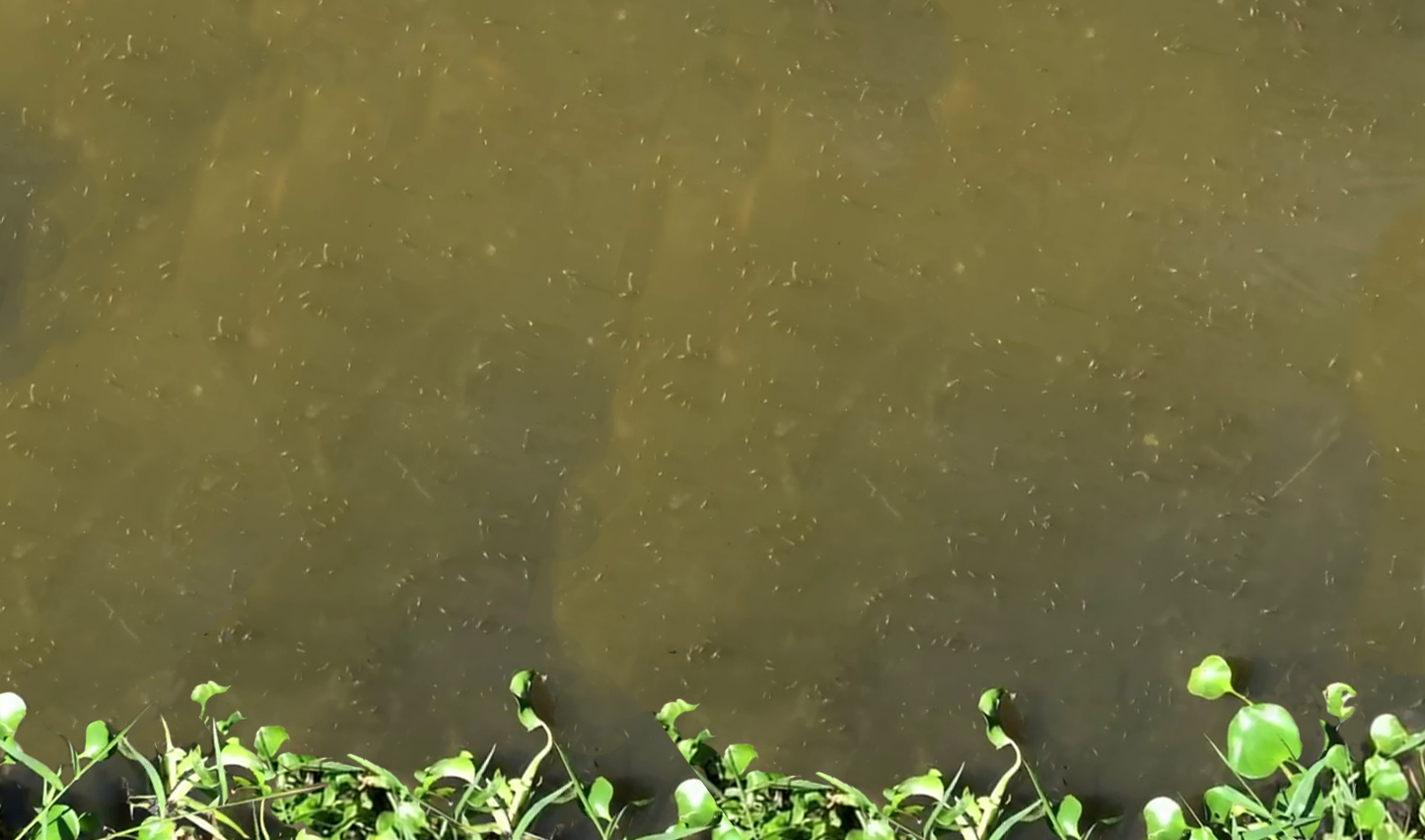
Fish Coming Back to the River
Brazil
Sapato River in Brazil faced pollution, foul odors and lack of fauna, see the results after a year of EM treatment more
-

Nihonbashi River water system improvement project II
Japan
The project that started in 2005 for Nihonbashi River, located in Japan and which separates from the Kanda River near JR Suidobashi station, had great results. As a consequence, the project was extended to the Kanda River and even the moat. more
-

Nihonbashi River water system improvement project I
Japan
The project that started in 2005 for Nihonbashi River, located in Japan and which separates from the Kanda River near JR Suidobashi station, had great results. As a consequence, the project was extended to the Kanda River and even the moat. more
-
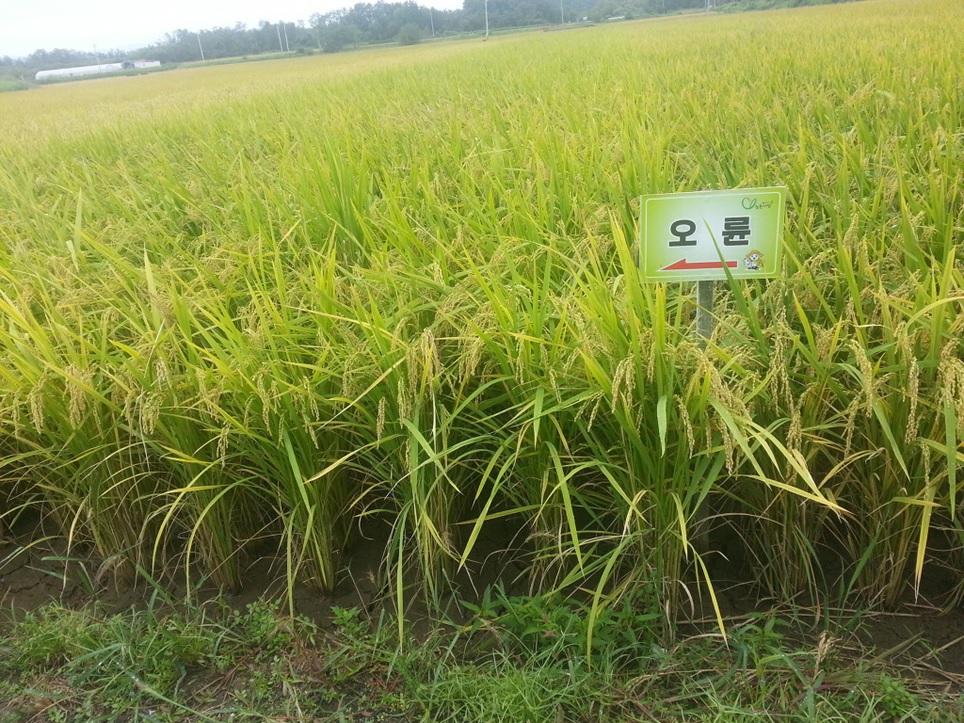
National Program Providing Activated EM・1 for Free
Republic of Korea (South Korea)
The Government of South Korea has established the Environment-friendly Agriculture Promotion Act to control chemical agriculture products and promote the environment-friendly agriculture. In doing this, Agriculture Technology Centers, administrated by local governments, were founded to provide Activated EM・1 (AEM) as well as other microbial materials for free. more
-
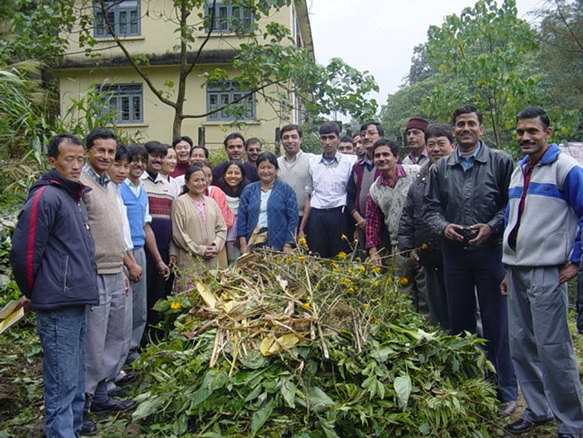
The First Organic State in the World
India
In 2003, Sikkim state in India stopped importing chemical fertilizers and launched a program to convert farmers into organic applying EM Technology. Today, Sikkim state is the first organic state in the world recognized by the Food and Agriculture Organization of the United Nations and therefore, all of its farmland is certified organic. more
-
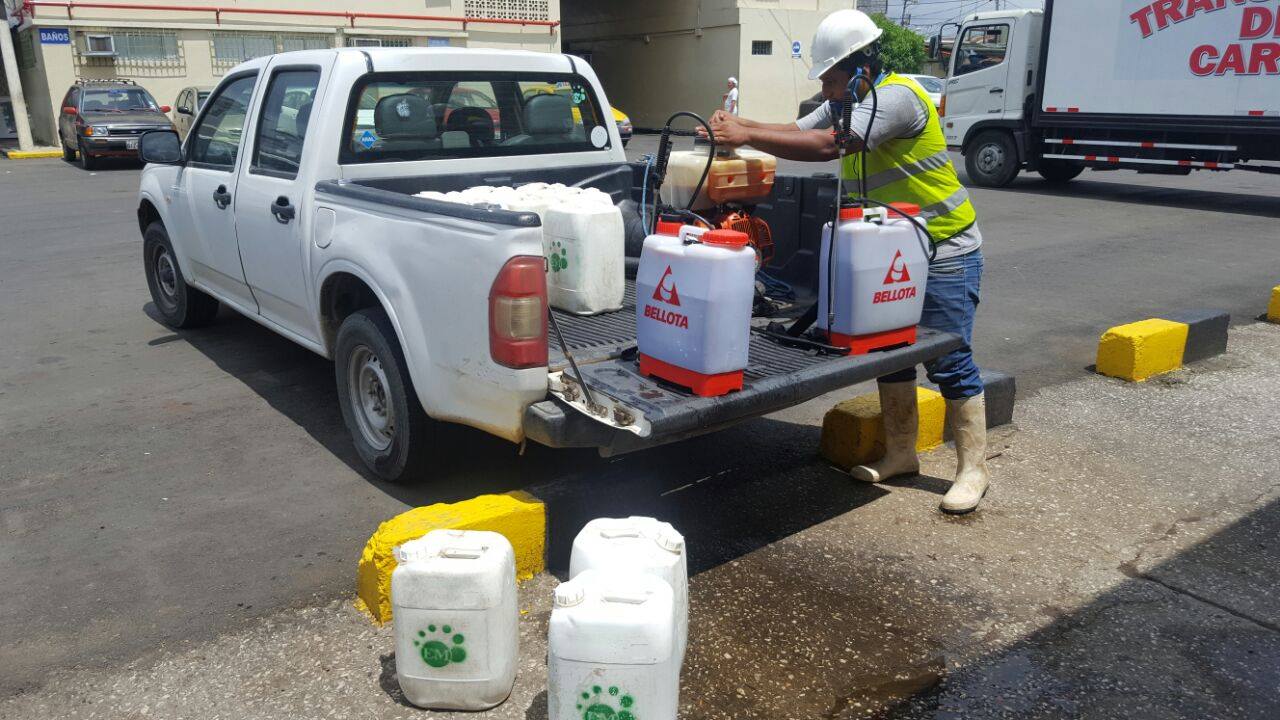
No More Claims for Stench
Ecuador
The Municipal Slaughterhouse of Guayaquil had problems of stench due to the accumulation of animal dropping. Today, EM Technology has successfully controlled the stench while avoiding the use of chemical products. more
-
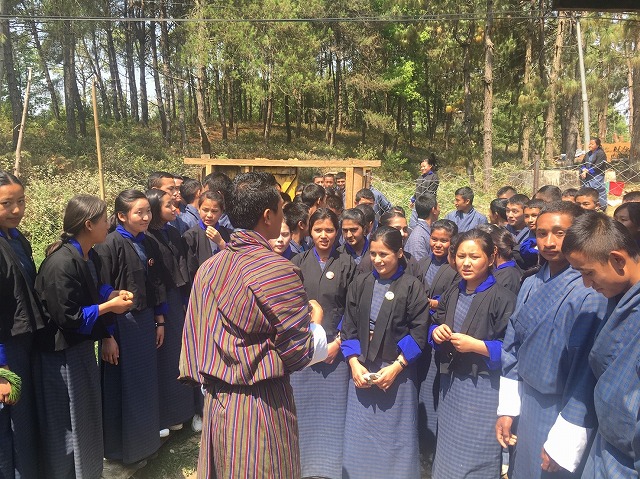
Students Participate in Kingdom's Agriculture II
Bhutan
Bhutan students learn on EM Technology for the School Agricultural Project.
Some schools are growing moringa trees and produce tea for sale and support education of children more -
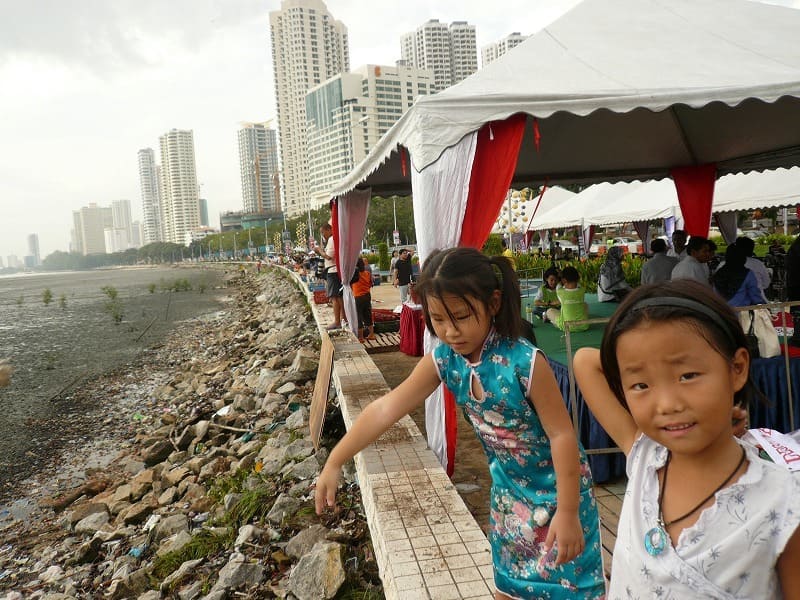
One Million Apologies to Mother Earth
Malaysia
Approximately 18,000 people have thrown 1.2 million EM Mudballs into channels, rivers and seafronts in Malaysia hoping to recover the mother earth. more